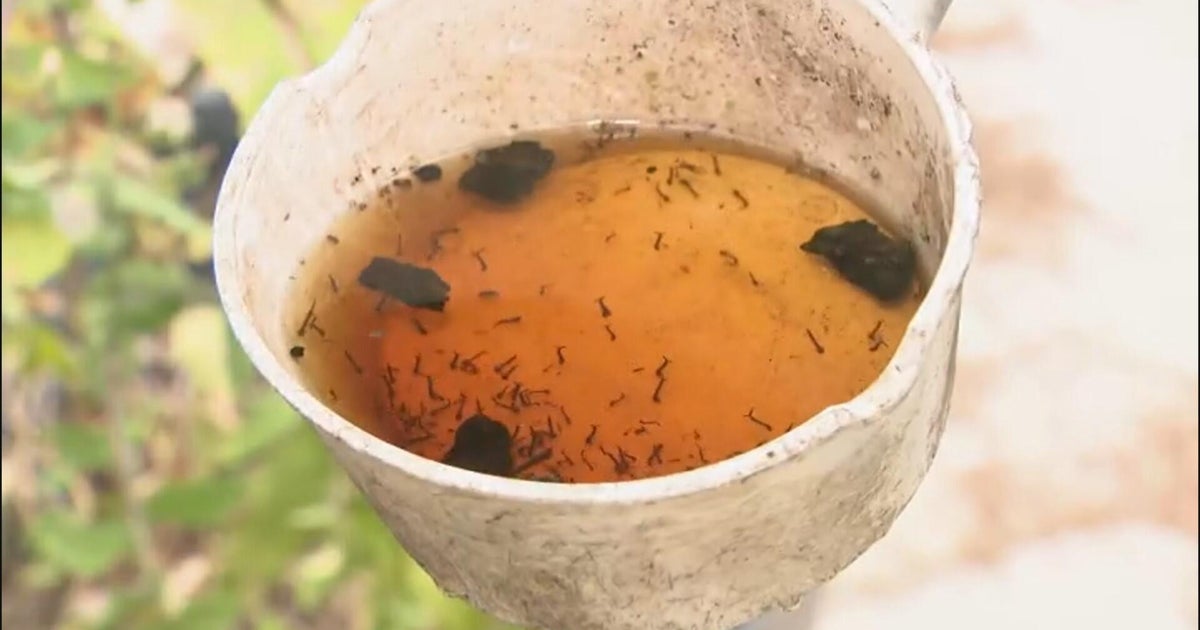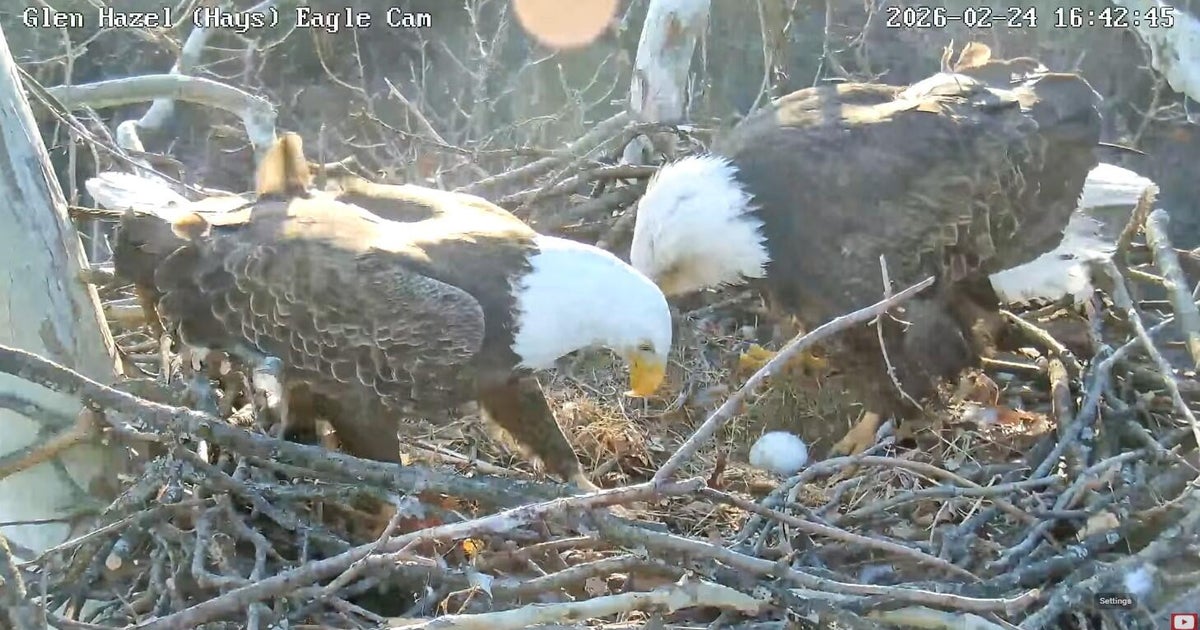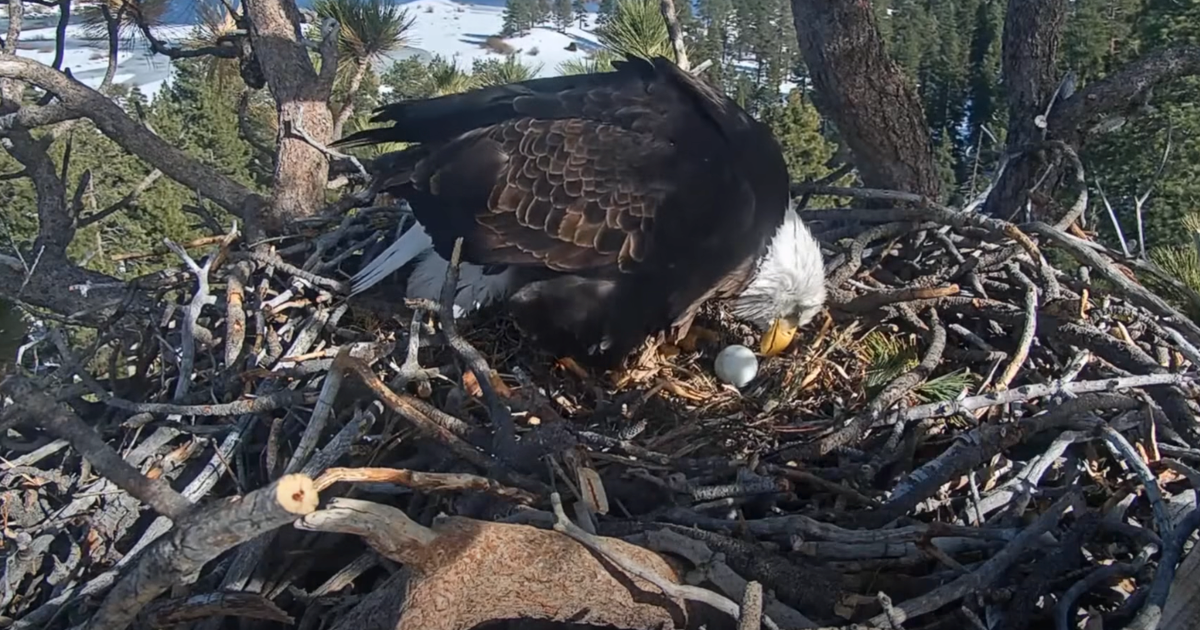Mosquito Control Targets Cattails On Frozen Marshes
MINNEAPOLIS (WCCO) -- You would not expect to see mosquito control crews out and about while there is still snow and ice on the ground -- but they are.
Crews from the Metropolitan Mosquito Control District started treating 100 acres of marshes last week.
They are focused on a certain species of mosquito; one that has an unusual life cycle and loves to bite people.
"These are human biters. Very aggressive, very large," Metropolitan Mosquito Control District spokesperson Mike McLean said. "They come out of these sites whether it rains or not, right around the Fourth of July."
And that is why the MMCD has tried to get them before they get us for the last several years.
They are called "cattail mosquitoes" because of where they like to hang out when they are young.
"This mosquito actually lays its eggs in the fall, and the larvae hatch out of the eggs and they drill into the little roots of the cattails that are suspended in the water," McLean said.
Because there is now ice on the lakes, there is no need to use a helicopter. Mosquito control crews can walk across the frozen water to apply the treatment in specific areas.
What they are dropping at Donahue Park in Maple Grove looks like chunks of chalk.
"The briquette sits there and then when the ice melts, it goes into the water and it's a time-release," McLean said. "It releases a material called methoprene. The methoprene actually messes with the mosquito's ability to become an adult."
With their development halted, the cattail mosquitoes no longer have the ability to be a summer pest.
"They are a particularly aggressive mosquito species and we really like to get them while we still can," he said. "Once we put it on the ice, we don't have to keep coming back here. This will be good for the whole summer."
The mosquito control crews said they have 51 identified species of mosquitoes in Minnesota.
Most of them do not bite humans. They would rather bite birds or cold-blooded animals.







